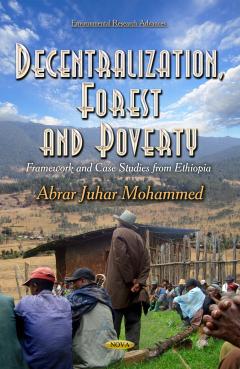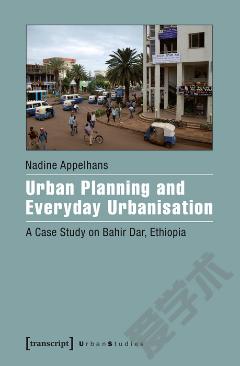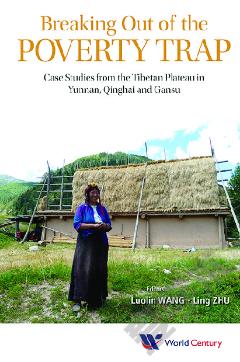Decentralization, Forest and Poverty: Framework and Case Studies from Ethiopia
Tropical deforestation and rural poverty are among the major apprehensions of developing nations in the 21st century. The protectionist paradigm that had dominated nature conservation since the 19th century is replaced by a strong notion that poverty reduction and environmental protection should go hand in hand. Decentralization is among the key polices devised to achieve these dual objectives of forest governance. This book presents the role decentralized forest governance can contribute to address the aforementioned problems by comparing and contrasting three forms of decentralization, i.e. deconcentration, delegation and devolution in Ethiopia. Owning to the alarming rate of deforestation and the large number of biodiversity hosted by the remnant forests, the Ethiopian forests are included in global biodiversity hot-spots by Conservation International. The country is also well known for recurrent poverty. Consequently, it is a perfect candidate to investigate the linkage among decentralized forest governance, forests and poverty.
{{comment.content}}








 京公网安备 11010802027623号
京公网安备 11010802027623号